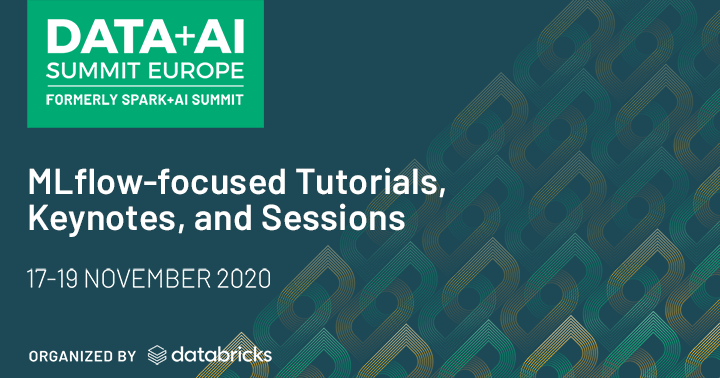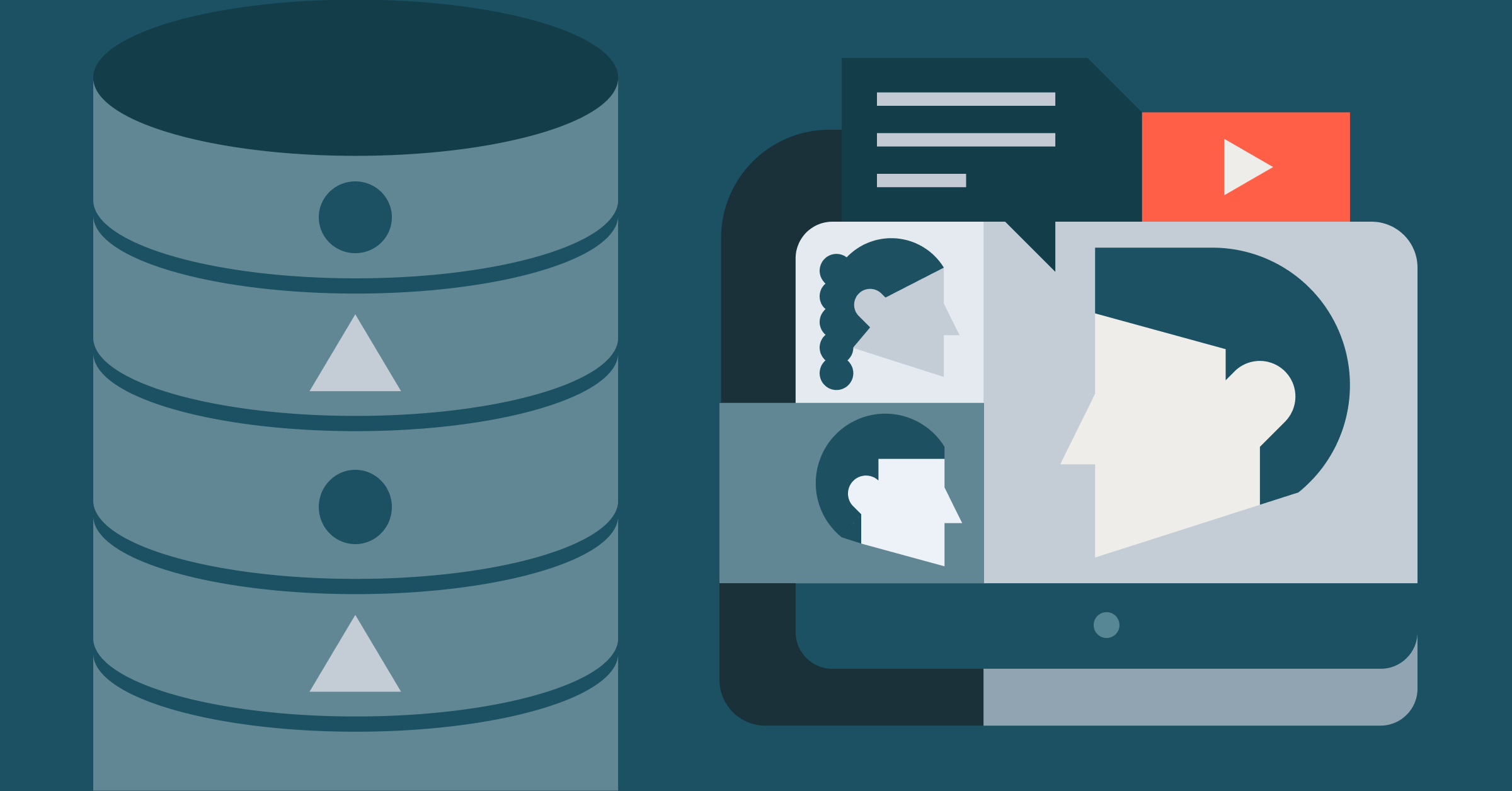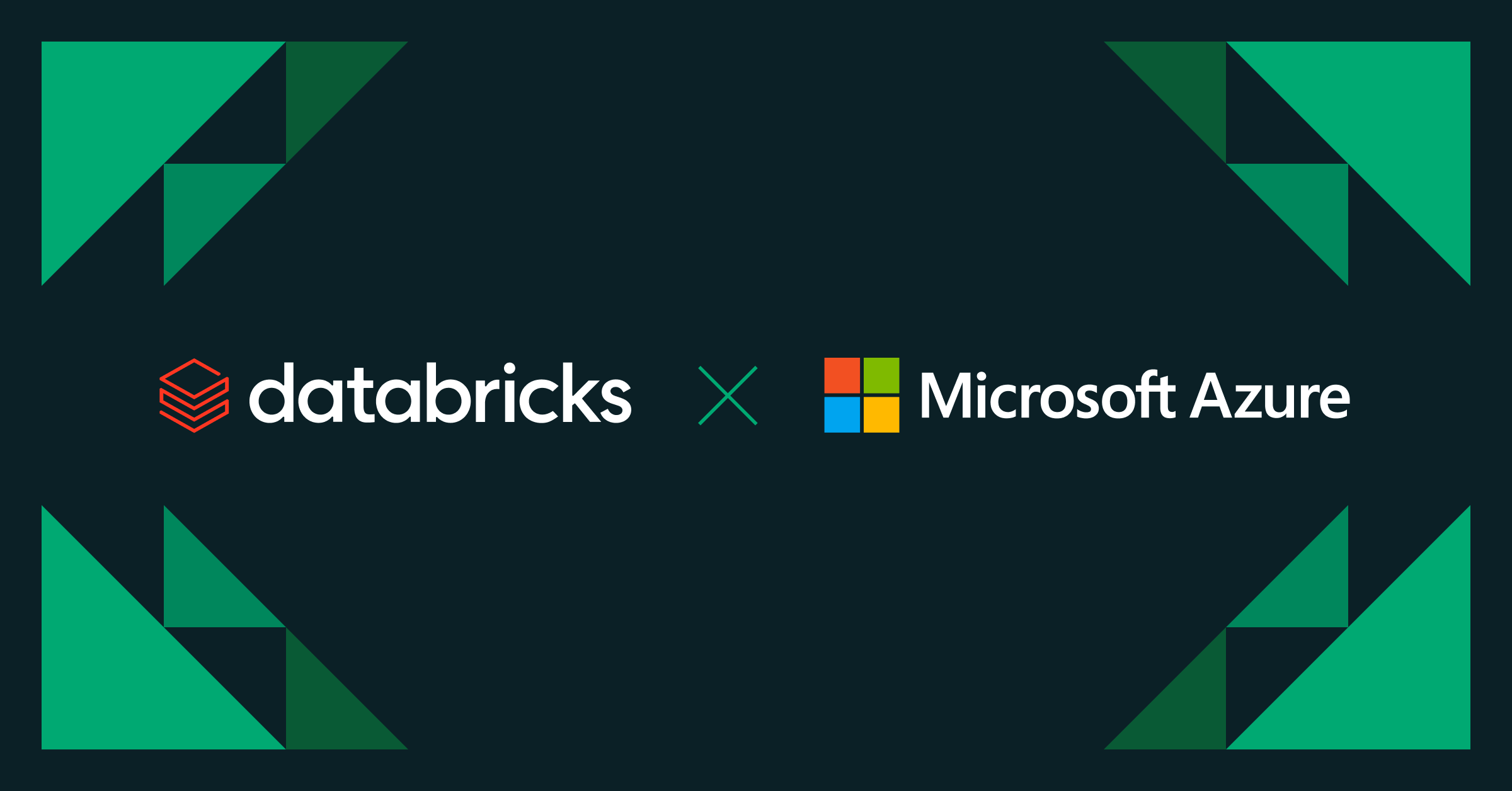A Guide to MLflow Talks at Data + AI Summit Europe 2020

In the last two years since its release, MLflow has seen a rapid adoption among enterprises and the data science community. With over 2M downloads, 260 contributors, and 100+ organizations contributing, the momentum seems to grow each year.
We have put together a short list of picks–keynotes, tutorials, and sessions–for MLflow: how the community and organizations manage their models at scale using MLflow and MLOps best practices.
Keynotes
Join Matei Zaharia on Thursday, November 19th for his keynote on Taking Machine Learning to Production with New Features in MLflow to learn more about some of the most recent and new MLflow features. Specifically, Matei will present some of the latest functionality added for productionizing machine learning in MLflow, the popular open source machine learning platform started by Databricks in 2018. These include built-in support for model management and review using the Model Registry, APIs for automatic Continuous Integration and Delivery (CI/CD), model schemas to catch differences in a model’s expected data format, and integration with model explainability tools.
Lin Qiao, engineering director, PyTorch, Facebook, will talk about recent developments in PyTorch and its extended integration with MLflow.
Talks
We have a fantastic lineup of speakers and sessions throughout the conference on MLflow. Join experts from H&M, Facebook, Yotpo, Seldon, Avast, Criteo, and Databricks and more for real-life examples, use cases, and deep dives on MLflow:
- Apply MLOps at Scale: MLOps has taken centre stage as more and more machine learning models are put into production. This session will demonstrate how to scale and manage them. Keven Wang, Data + AI lead at H & M, will share a reference architecture for productionising ML models at scale.
- Reproducible AI Using PyTorch and MLflow: Geeta Chauhan, Facebook’s AI Partnership Engineering lead, will show how to build reproducible AI models and workflows using PyTorch and MLflow that can be shared across your teams.
- Productionising Real-time Serving With MLflow: Ron Barabash, lead software engineer at Yotpo, will explain what they did at Yotpo in order to make MLflow model serving production-grade!
- MLflow at Company Scale: Jean-Denis Lesage, lead software engineer at Criteo, will discuss how to manage 50k runs, millions of metrics, parameters or tags, some bursts at 20k QPS.
- MATS stack (MLflow, Airflow, Tensorflow, Spark) for Cross-system Orchestration of Machine Learning Pipelines: Avast completes over 17 million phishing detections a day, providing crucial online protection for this type of attacks. In this talk, Joao Da Silva and Yury Kasimov will present the MATS stack for productionisation of machine learning and their journey into integrating model tracking, storage, cross-system orchestration and model deployments for a complete and modern machine learning pipeline at Avast.
- Model Experiments Tracking and Registration using MLflow on Databricks: Dash Desai of StreamSets, will cover how to standardize and automate tracking of model experiments and development with MLflow tracking.
- Seamless MLOps with Seldon and MLflow: Seldon’s Adrian González Martín, a machine learning engineer, will discuss through an end-to-end hands-on example showing how you can go from research to production without much complexity by leveraging the Seldon Core and MLflow frameworks.
- Building an ML Tool to predict Article Quality Scores using Delta & MLflow: Ivana Pejeva, data scientist at element 61, will cover how Roularta - a news & media publishing company - has built an AI-driven article quality scoring solution using Spark for parallelized compute, Delta for efficient data lake use, BERT for NLP and MLflow for model management.
- Building a MLOps Platform Around MLflow to Enable Model Productionalization in Just a Few Minutes: Milan Berka, ML architect at DataSentics a.s., will present their MLOps platform, powered by MLflow.
- Deterministic Machine Learning with MLflow and mlf-core: Lukas Heumos, Research Software Engineer, will present mlf-core and its demeternistic project templates based on MLflow for PyTorch, Tensorflow, and XGBoost.
- Introducing MLflow for End-to-End Machine Learning on Databricks: Sean Owen, a principal solution architect at Databricks, will walk you through an end-to-end machine learning lifecycle example on development to deployment using MLflow using Apache Spark ML.
Next Steps
You can browse through our sessions from the Data + AI Summit schedule, too.
To get started with open source MLflow, follow the instructions at mlflow.org or check out the MLflow release code on Github. We are excited to hear your feedback!
If you’re an existing Databricks user, you can start using managed MLflow on Databricks by importing the Quick Start Notebook for Azure Databricks or AWS. If you’re not yet a Databricks user, visit https://www.databricks.com/product/managed-mlflow to learn more and start a free trial of Databricks and managed MLflow.


